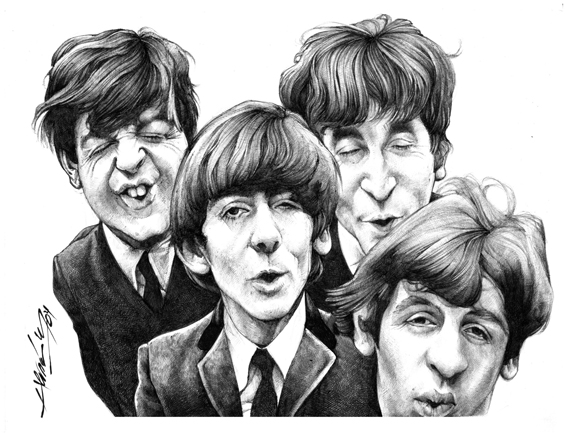 If reading all of these long books has had any effect on me, it's given me a better appreciation for short stories. I've enjoyed a few smaller collections this year including Wells Tower's debut Everything Ravaged, Everything Burned which fits somewhere between Elmore Leonard and Raymond Carver on the dude-tastic short story scale (a highly scientific scale graded in terms of alcohol content, Tower is about 70 proof). In the context of this project it's amazing what Tower can squeeze into 15-20 pages.
If reading all of these long books has had any effect on me, it's given me a better appreciation for short stories. I've enjoyed a few smaller collections this year including Wells Tower's debut Everything Ravaged, Everything Burned which fits somewhere between Elmore Leonard and Raymond Carver on the dude-tastic short story scale (a highly scientific scale graded in terms of alcohol content, Tower is about 70 proof). In the context of this project it's amazing what Tower can squeeze into 15-20 pages.I've also dipped my toe (which is attached to a stolen fake leg) into the Southern, Catholic waters of Flannery O'Connor's short stories. I'm reading them sparingly so as not to get an Updike-ian overload. So far they all have unique, striking images that makes them easy to distinguish. When talking about them with friends it was a challenge to match up the element (false leg, serial killer, etc) with the excellent titles. I look forward to reading the rest but according to this entry, O'Connor believed her greatest accomplishment was teaching a chicken to walk backwards. Sadly no youtube footage exists. Thanks again to the decidedly un-Southern, un-Catholic girl who recommended O'Connor to me!
On the other side of the short story coin I recently tried Thomas Pynchon's short story collection, Slow Learner. After reading two Pynchon books this year and being interested in his new detective novel, I was curious to see what he had done in his early stories. I should have kept driving without stopping. Pynchon warns you of as much in the introduction where he basically explains that the stories are hack-y crap. Thank god for the DC Public Library and their help in weaning me of book purchasing. It's also kind of a strange meta-joke for a reclusive author to release an admittedly bad story collection which his nerdtastic fans will snap up solely because it has a 20 page personal intro wherein said recluse tries to covince you not to read (or at least not to judge him on) the stories that follow. Well played Lit Nerd King, well played.
If only I were a Mad Men character I could be writing my own short stories to submit to such fine publications as this:





